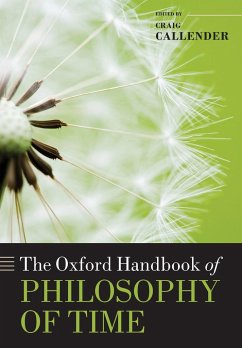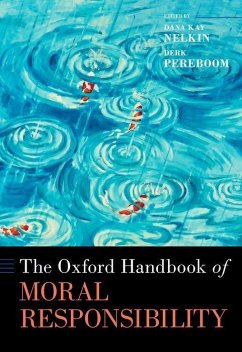
The Oxford Handbook of Phenomenologies and Organization Studies
Versandkostenfrei!
Versandfertig in über 4 Wochen
207,99 €
inkl. MwSt.

PAYBACK Punkte
104 °P sammeln!
This handbook shows the unexpected richness and diversity of key phenomenological and post-phenomenological thinkers in an aim to help management and organization scholars to understand a huge variety of contemporary phenomena such as AI, digitalization of organizational processes, remote work, financial markets, and much more.












